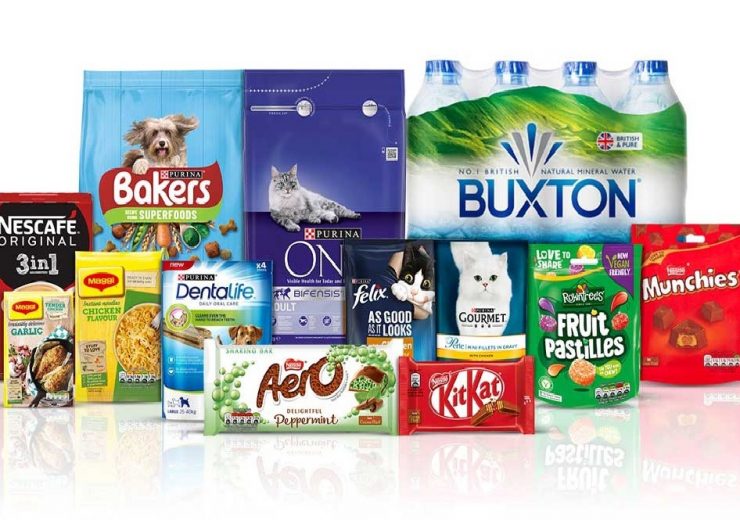The fund will collaborate with manufacturers, retailers and recyclers to enhance flexible plastic recycling and minimise plastic pollution

The Flexible Plastic Fund is led by compliance scheme Ecosurety (Credit: Nestlé)
UK branded manufacturers Mars UK, Mondelēz International, Nestlé, PepsiCo and Unilever have joined forces to launch a £1m fund to boost flexible plastic recycling in the UK.
The Flexible Plastic Fund, which is led by compliance scheme Ecosurety, will support in making flexible plastic recycling economically viable for recyclers and simple for consumers.
The Fund will work with manufacturers, retailers and recyclers to enhance flexible plastic recycling and minimise plastic pollution.
It will also help increase the supply of recycled plastic, enabling the companies to meet the upcoming plastic packaging tax regulations in the country.
Ecosurety innovation and policy head Robbie Staniforth said: “Historically the UK recycling system has not provided enough motivation to recycle flexible plastics.
“By creating a sustainable market for this material, longer term improvements can be made to ensure the flexible plastic that remains necessary for packaging is reliably recycled and eventually contributes to a circular economy, thereby tackling plastic pollution.”
The circular initiative is already supported Sainsbury’s and Waitrose, which have opening flexible plastic collection points in selected stores across the UK.
The fund aims to provide a minimum value of £100 per tonne of recycled product to incentivise recyclers for the processing of flexible plastic.
Described as plastic bags and wrapping, soft plastics and flexible plastics, the flexible plastic products consist of plastic bags, wrappers, films, pouches, packets and sachets.
The recycled plastic will be transformed to a range of products such as non-food grade plastic, non-food-grade film and food-grade film.
With at least 80% of the plastics collected being recycled in the UK, the fund will offer complete audited transparency. It aims to achieve 100% transparency by 2023.
